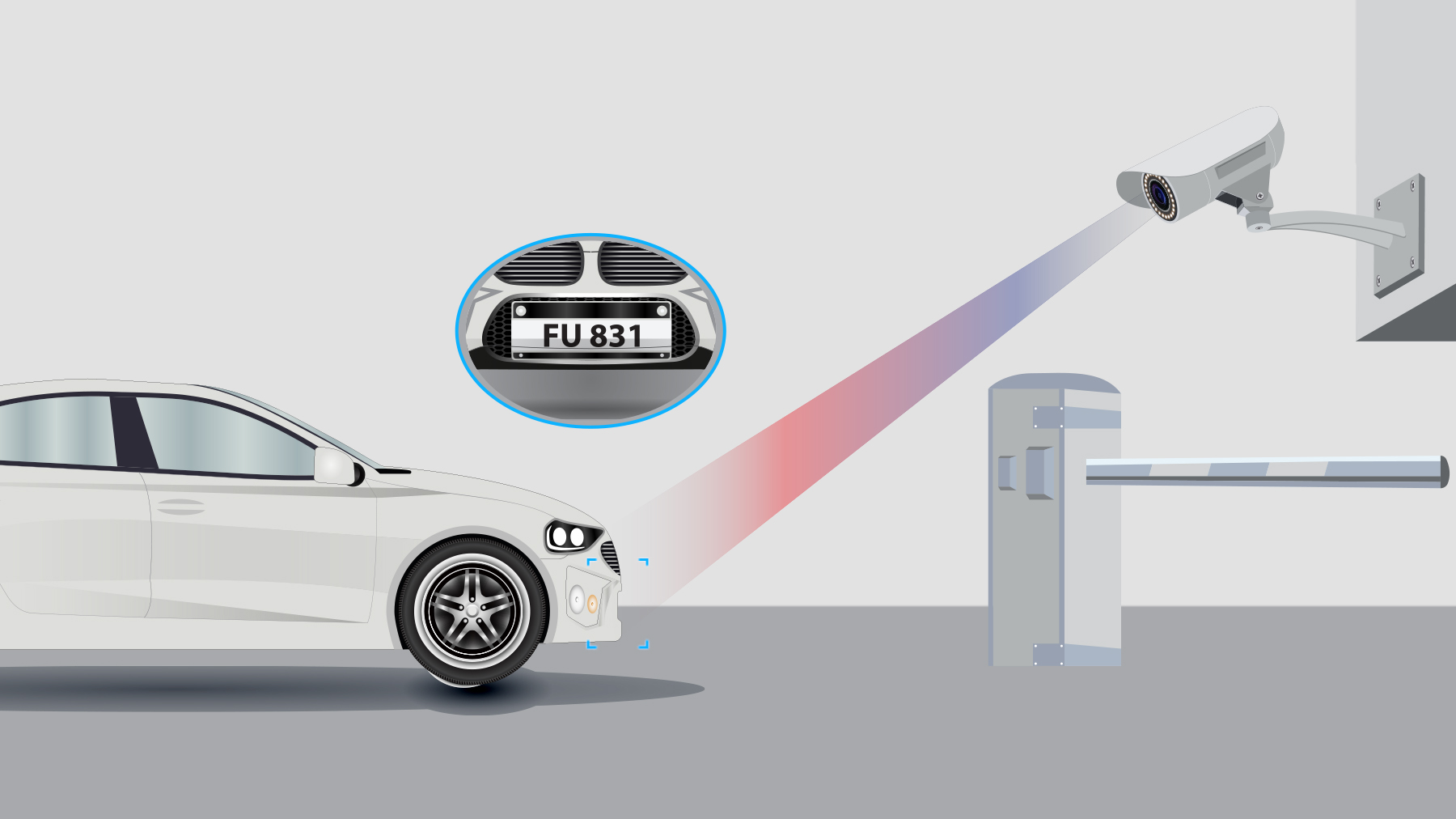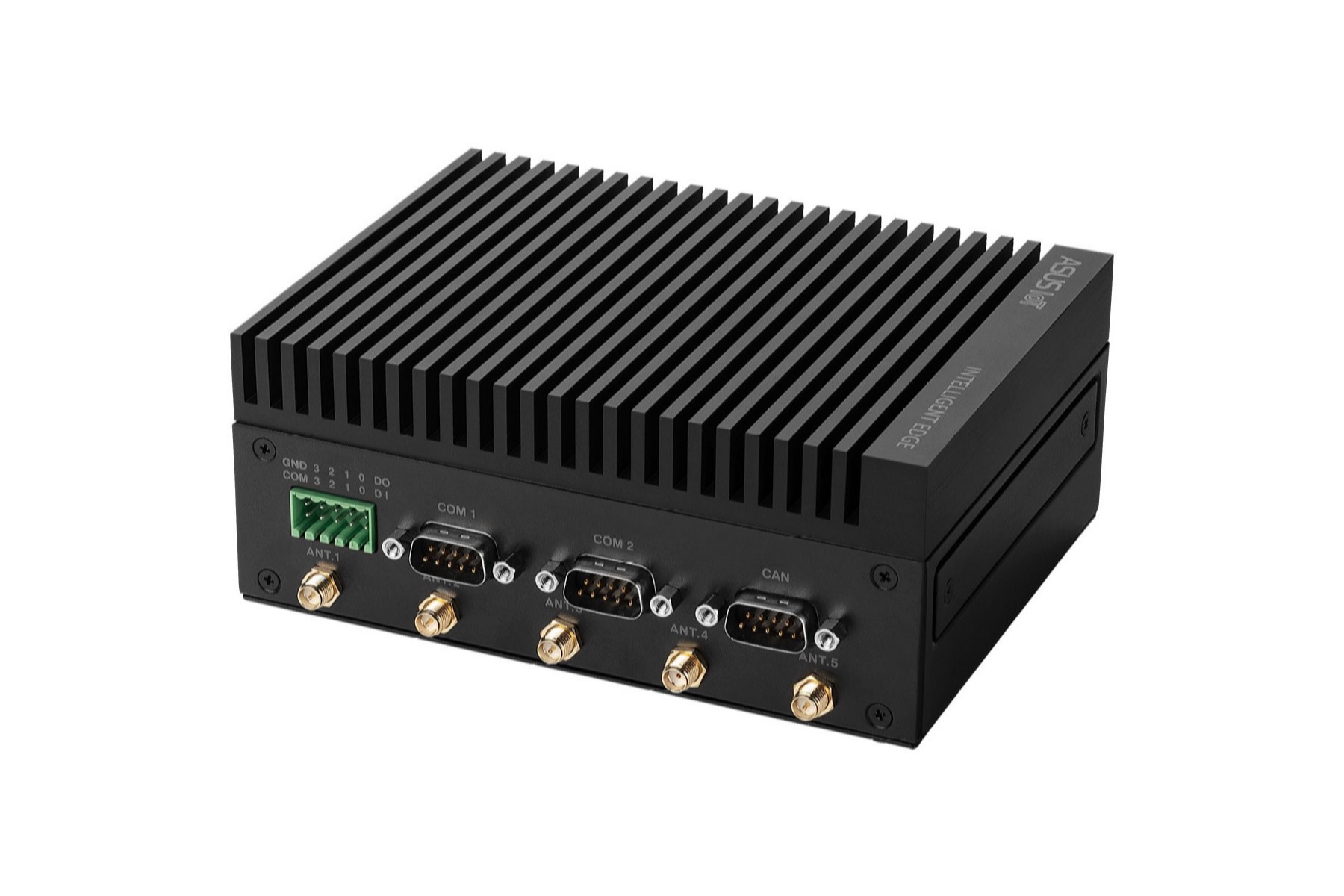
ALPR Applications Take Advantage of ASUS IoT PE1000N’s Combination of Powerful Compute Performance and High Efficiency

In the increasingly dynamic landscape of smart parking and traffic law enforcement, one important requirement for solutions providers lies in the adoption of highly resilient and efficient Edge computing solutions that can seamlessly cater to the demands of their technology-driven initiatives. This article explores how the ASUS IoT PE1000N Edge computer has emerged as a potentially paradigm-shifting solution for both smart parking and traffic enforcement officials on the streets and highways of Korea. Through its extraordinary features and capabilities, the PE1000N platform has overcome the myriad challenges of previous designs, delivering the results that make the company a leader in this emerging space.
The customer
Our vendor who developed the end product, an automated license-plate reading (ALPR) system, is a prominent Korean company that specializes in smart parking and traffic law enforcement solutions. The company has established itself as one of the industry leaders in this space, and is known for developing proprietary video-analytics technology, with an emphasis on new technology development. With over 50 patents and a strong market share in domestic large-scale projects, such as airports and shopping centers, the vendor is appropriately positioned to expand its reach into more international projects.
The challenge
Elevating efficiency and overcoming heat are ALPR's toughest trials
Challenges arose with the vendor’s existing ALPR system, which was designed with an NVIDIA Jetson Nano board. The problems were caused by overheating and limited system expandability, which restricted the product’s outdoor use and also hindered the company’s plans to scale the platform to larger deployments.
As stated, the vendor’s previous ALPR system that was based on the NVIDIA Jetson Nano board presented significant challenges to the design team. The heating issue arise from the amount of power that was needed to operate with Nano board. While the board is high on performance, that performance unfortunately comes with a tradeoff, a significant power consumption. Reliability and performance and performance were affected as a result, causing the customer to look for an alternate solution.
The solution
PE1000N with cool precision drives ALPR excellence
One of those alternative solutions turned out to be the ASUS IoT PE1000N Edge computer, which met all the needs of the vendor. The platform excels in running the image analytics for vehicle license plate recognition as it captures the streaming video. It too is powered by an NVIDIA Jetson platform, but it’s engineered such that it does not exhibit the same heat issues as previously described. The Jetson provides powerful, high-efficiency AI performance for computer-vision tasks, with code-minimizing development framework. Those are the exact attributers required for ALPR systems. Note that multiple versions of the ASUS IoT platform are available, with different Jetson platforms, to suit the specific needs of the application.
The PE1000N is an ultra-compact computer (152*114*62mm) that's designed to handle the compute-intensive task of AI inferencing at the Edge of the IoT. Power is managed so well that the PE1000N can operate in a fanless configuration. It features robust industrial connectivity, making it a versatile and durable choice for smart parking solutions and ALPR systems.
The PE1000N is designed with an exclusive metal heatsink, a copper heat pipe, and an extruded-aluminum chassis that, when combined, enable efficient and silent cooling, allowing the PE1000N to operate reliably across a wide temperature range, from -20°C to +60°C. That’s more than enough to handle outdoor deployments in parking lots and other demanding environments.
From an I/O perspective, the PE1000N offers an extensive collection of ports and interfaces, including LAN, DIO, COM, USB 3.2, Type-A, and CAN bus (on select models). These versatile connectivity options facilitate seamless integration with existing systems and allow for future expansion as the applications evolve and the customer's needs change. In addition, the integrated Micro USB debug port simplifies system maintenance, while onboard WiFi and Bluetooth communications ensure smooth wireless and Cloud connectivity.
The outcome
Cool confidence, amplified performance for ALPR Success
Deploying the ASUS IoT PE1000N Edge computer yielded the results the customer needed to handle the ALPR application, as the platform’s enhanced thermal performance ensured reliable operation in outdoor environments, while eliminating the overheating issues that plagued previous designs. In fact, the customer experienced both increased stability and improved performance, leading to a far greater end-user satisfaction.
The vast I/O capabilities discussed previously provide the necessary flexibility for seamless integration with the customer’s existing infrastructure. This is paramount because it enables them to effectively leverage their previous investments.
A second key feature of the PE1000N is its expandability. This feature actually enabled the customer to scale its operations, accommodating future growth and allowing for the integration of new technologies and functionalities, those that are already developed as well as those that are still under development, as they expand into global projects. Thanks to the stated NVIDIA product availability, ASUS IoT can guarantee that its product will be available for at least five years, eliminating any worries about longevity support, even if a market should become unstable.
In addition to the PE1000N’s vast feature set, the product is backed up by the reliable technical support offered by ASUS IoT. This made the customer’s decision much easier and clearly contributed to the success of the deployment.

The ASUS IoT PE1000N Edge fanless computer is based on the NVIDIA Jetson. It features diverse I/O support in a compact size that also supports a wide range of power inputs and operating temperatures.
